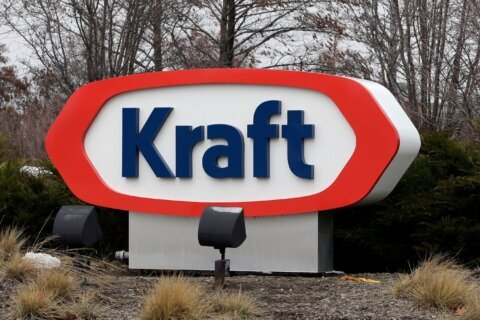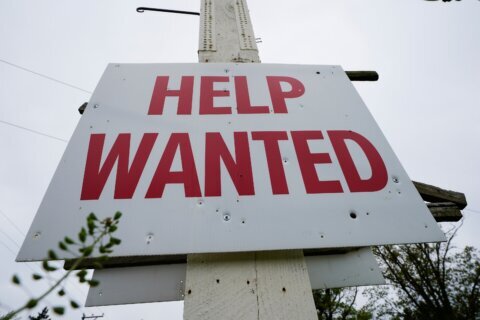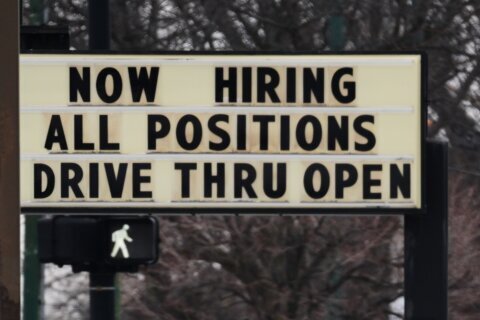High interest rates have real life consequences, but it’s not just higher consumer borrowing costs that follow rate hikes. Since the Federal Reserve began raising interest rates two years ago in a bid to curb inflation, Bankrate reports that 50% or more of consumers who applied for a loan or credit card have been denied.
“The Federal Reserve sets an interest rate benchmark, and its benchmark is the highest that we’ve seen since 2001,” said Sarah Foster, principal writer at Bankrate. “The rise in interest rates has made lenders a bit more pickier about the documentation required and the amount of income that consumers need to access the credit they need.”
The denials have been issued for applications for new credit cards, credit limit increases, personal loans, car loans and car leases. The tighter credit market also meant more rejections for mortgages, rental applications and home equity loans.
Sixty-two percent of parents with children under 18 have been denied credit, 60% of Millennials and 58% of Gen Zers have faced credit denial in the past two years.
“The odds of an applicant getting approved for a loan that they’ve applied for really comes back to their credit score. … We saw that 73% of applicants with poor credit were denied a loan or financial product that they’ve applied for. Even more than half of those with good credit have been denied at least one loan or financial product,” Foster said.
“I think from our survey, it’s fair to say that Americans with scores less than 670 — that’s roughly those in the ‘fair’ to ‘poor’ credit range — they’re the ones dealing with this impact the most,” Foster added.
The Bankrate survey found that 44% of Americans with “very good” credit scores (740-799) were denied credit and 29% of applicants with exceptional credit scores (800-850) have been turned down.
People apply for loans for a variety of reasons, some are denied credit more than once and the denials can have a significant impact on people trying to make ends meet.
“Many times Americans borrow money to fund a purchase that is essential — maybe they’re paying for medical care, maybe they’re just trying to weather the storm of high inflation and they really have no alternative to cover those more expensive prices. So they have to turn to debt,” Foster said.
After being rejected for loans by lending institutions, the report found 24% borrowed from family or friends, 23% pursued alternative financing such as payday loans, cash advances or buy-now pay-later products.
“This is another really challenging hurdle that loan denials present. … Payday loans or cash advances and also buy-now pay-later … those can be potentially damaging for your finances,” Foster said. “Maybe you’re paying payday loans that have interest rates that can sometimes be as high as 650%. That makes the cycle of debt even harder to get out of.”
Get breaking news and daily headlines delivered to your email inbox by signing up here.
© 2024 WTOP. All Rights Reserved. This website is not intended for users located within the European Economic Area.








